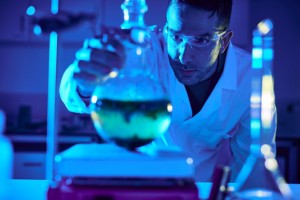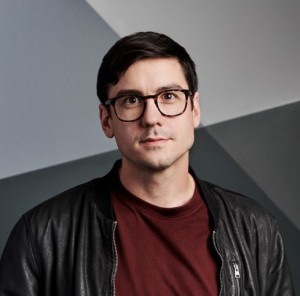Science Creates, the Bristol deep-tech ecosystem, has launched an accelerator programme based in the city for engineering biology businesses as the sector prepares for rapid expansion.
The programme will support life science start-ups and innovators in developing ground-breaking advancements in healthcare, the environment and quality of life. 
Engineering biology entrepreneurs and start-ups from across the UK are invited to apply to join the intensive programme, which has been developed in partnership with UK Research and Innovation (UKRI) and will be based at Science Creates’ Bristol deep-tech innovation hub, one of its two innovation centres in the city.
A recent UK government report on opportunities in engineering biology said the sector was approaching a tipping point in terms of commercialisation and the scale-up of related technologies.
Engineering biology describes the application of rigorous engineering principles to biology, enabling the construction of new or redesigned biological systems such as cells or proteins, with applications across sectors ranging from food to materials and health.
The US government recently pledged to spend $2bn to launch its own biotechnology and biomanufacturing initiative.
Participants in the Science Creates programme will receive guidance in developing a growth strategy, establishing a strong market fit, creating the right team structure, devising a clear research strategy and formulating a fundraising plan.
Science Creates’ Bristol deep-tech incubation space in Old Market has been designed to empower entrepreneurs and future business leaders, providing them with essential skills and knowledge to thrive in the engineering biology space.
It is the brainchild of Bristol-based chemist and investor Dr Harry Destecroix, pictured, who launched the first city’s first science incubator, Unit DX, in St Philips nearly six years ago after discovering there was no home for science companies in the city.
One of its first residents was his own business, University of Bristol spin-out Ziylo, a biotech working to develop one of the first smart insulins to help people suffering from diabetes and which was acquired a year later by pharmaceutical giant Novo Nordisk in a deal potentially worth $800m (£628m).
He said: “We want to get innovation in the UK off the shelf and out into the real world. One-in-10 start-ups fail, according to Startup Genome.
“Often a scientific start-up doesn’t fail because the science isn’t up to it. It fails because of a lack of investment, not having the right team or the right experience to develop and deliver a sustainable business plan.
“I want to change that. I want to extend the success we see in deep-tech Bristol and extend it to other regions of the UK.
“This programme is an incredible opportunity for scientists, synthetic biologists, and visionary entrepreneurs to accelerate their ideas and make a real impact in solving global challenges.
“We are driven to support, nurture and mentor the next generation of engineering biology start-ups, helping them build disruptive businesses from scientific discoveries.”
Roadshows will run throughout July in Manchester, Edinburgh, Cambridge and London for interested parties to find out more about the application process and benefits.
The series will close with a special South West Roadshow event, hosted by Science Creates in Bristol on 24 July.
The programme, which is now open to applications, combines the expertise of eight delivery partners from organisations such as Grant Tree, SCI Partners, CAIA, Global Composition and Deep Science Ventures.
It connects successful applicants to a vast network of more than 40 deep-tech companies and 13 strategic partners.
The 30 successful candidates will get the opportunity to unlock equity-free feasibility funding for their start-ups to test the feasibility of their ideas and technologies.
The total support package for each candidate has an equivalent value of up to £10,000 and there will also be an opportunity to apply for £50,000-£60,000 of equity-free feasibility funding at the end of the accelerator.






























